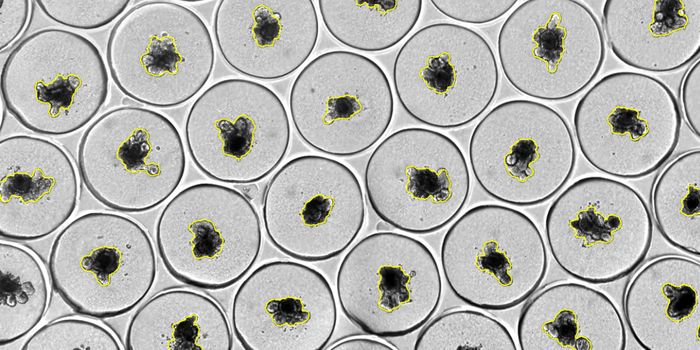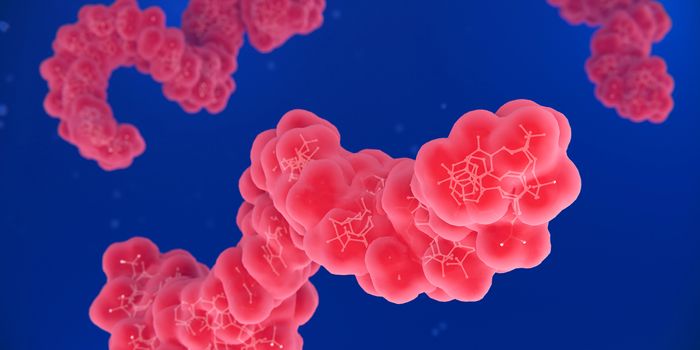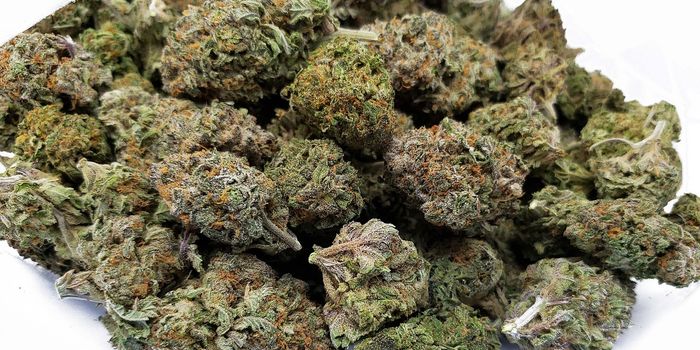Gut Microbiome's Impact on Neurodegenerative Diseases
A study published in Neurotherapeutics dives into the role of the gut microbiome in the pathogenesis and progression of multiple sclerosis (MS), a chronic autoimmune disorder of the central nervous system. As researchers investigate how gut-mediated immune modulation may impact neurological outcomes, probiotics and fecal microbiota transplantation (FMT) have garnered interest as potential adjunctive therapies.
Initial probiotic interventions in MS have explored the use of helminths—parasitic worms that modulate the immune system by promoting Type II immunity. Type II responses are thought to counteract the pathogenic Type 17 immune response associated with MS. In a small Phase 1 trial involving five newly diagnosed MS patients, helminth treatment over three months led to reduced cortical lesions and elevated anti-inflammatory cytokines IL-10 and IL-4. However, these results were not replicated with a bigger sample size.
Another double-blind, placebo-controlled trial assessed the effects of a 12-week probiotic regimen containing Lactobacillus acidophilus, Lactobacillus casei, Bifidobacterium bifidum, and Lactobacillus fermentum in 20 individuals with MS. This combination significantly reduced transcriptional levels of proinflammatory cytokines IL-8 and TNF in peripheral blood mononuclear cells (PBMCs), as well as lowered C-reactive protein (CRP) levels. Participants also reported improved mood and general health, along with enhanced insulin sensitivity and favorable LDL cholesterol profiles.
A subsequent study using a similar probiotic mixture—including Bifidobacterium infantis, Lactobacillus reuteri, and Lactobacillus plantarum—echoed many of these benefits. Importantly, this study employed the Expanded Disability Status Scale (EDSS), the gold standard for MS disability evaluation, and demonstrated a statistically significant improvement of 0.5 points after four months. This result points to potential neurological benefit in addition to systemic and psychological improvements.
Another area of interest is the use of yeast-based probiotics such as Saccharomyces boulardii; in a controlled trial involving 40 participants, the yeast probiotic led to significant reductions in inflammation, CRP levels, fatigue severity, and pain intensity. Additionally, participants noted improved overall well-being.
FMT has also been explored as a more comprehensive method of gut microbiota modulation. Though limited in scale, early interventions have been notable. Of the 15 MS patients who have undergone FMT, three experienced substantial clinical improvements—including regained mobility and resolution of symptoms—while three others showed moderate improvement or halted disease progression.
“We are the sum of our environmental exposures,” said Andrea R. Merchak, PhD, assistant research professor of neurology at the Indiana University School of Medicine, in Indianapolis. “So for your patient populations, remember you’re also treating them for a lifetime of healthy [brain] aging.” The gut-brain axis represents a promising frontier in MS research that may reshape future therapeutic strategies.
Sources: Neurotherapeutics, MedScape








